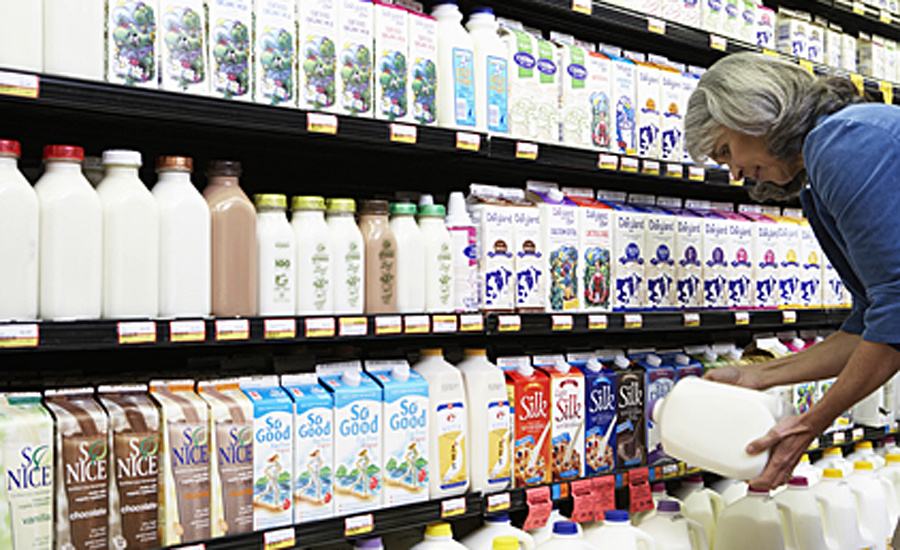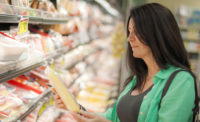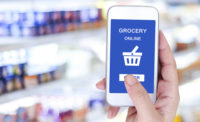Study: Most Americans don’t intend to grocery shop online
Just 33% of American adults surveyed have purchased products online before.

Most Americans haven't purchased food and beverage products online, and many don't intend to, according to a study released by Morning Consult, Washington, D.C.
The report, “Consumer Trends in The Food and Beverage Industry,” looks at consumer habits when it comes to shopping for food and beverage products online, determines the most effective terms for product labeling and reveals the impact of brand name on consumer choices.
Highlights include:
Most Americans haven't purchased food and beverage products online, and many don't intend to:
- Just 33% of American adults have purchased products online before. Men (38%) are more likely to have than women (29%).
- Among those who haven't purchased food products online, 65% say they don't have any interest in doing so in the future, even if options improve. Why? A clear majority (65%) say that it's because they "generally prefer to purchase in-person."
Seeing "vegan" or "diet" on food labels makes consumers avoid them, while “fresh” and “farm-fresh” are most likely to entice:
- Among 21 common product label terms, vegan was the most likely to turn customers off, with 35% saying it would make a product less appealing and just 17% saying more appealing. Diet was second, with 31% saying less appealing and 26% more appealing.
- The three terms that are most likely to get people to buy are fresh, farm-fresh and sourced from American farmers.
- Younger Americans are more drawn to organic products. For instance, 54% of 18-29 year olds say that term makes a product more appealing, compared to 37% of those 65 or older.
Brand names are very important for consumers. When asked whether they would be willing to pay extra for a range of factors, brand name was the most commonly chosen option, with 45% of Americans saying they would pay an extra 50 cents on a small grocery item if it was a brand they knew and liked.
Over half still not willing to pay grocery delivery fees. Just 20% of Americans are willing to pay $6 or more to have groceries delivered, while 29% would pay $1-5 and 51% would not be willing to pay extra.
Morning Consult conducted a poll from May 07-11 among a national sample of 2,201 adults. Results from the full survey have a margin of error of +/- 2 percentage points.
Looking for a reprint of this article?
From high-res PDFs to custom plaques, order your copy today!





